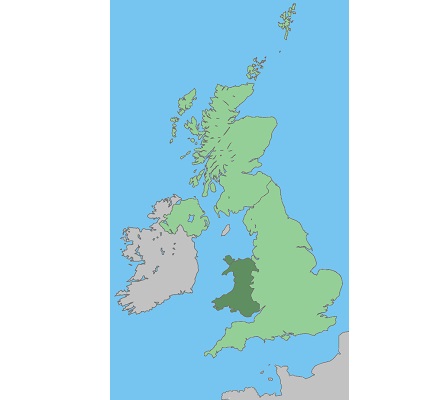The first national study on identity since Brexit referendum shows there has been a shift British attitudes, and brands need to think more about their audiences at a local level.
The national study, conducted by Spark Foundry and Trinity Mirror, found that nearly three quarters of UK public (74%) feel their local community defines who they are.
Key findings:
• Half of respondents (49%) are sceptical of big brands that say they want to help local communities, yet 62% believe big brands should do more
• Only half (50%) of those living in town centres have a sense of pride in their community compared to 60% of city centres and 79% of villages
The first national study on identity since the Brexit referendum has found nearly three quarters of the UK (74%) believe their local area defines who they are, according to Spark Foundry and Trinity Mirror. Terms like ‘Northern’ and ‘Southern’ are becoming less meaningful (47%), as people identify themselves on a more local level with ‘my village’ ‘my town’ or ‘my city’ (74%) providing a greater source of identity.
London stands out as perhaps the exception, with Londoners being 31% more likely than the average to identify themselves as a global citizen (58%).
We are a nation on the move with nearly a quarter (24%) of the population having lived in their current area for five years or less, perhaps explaining why only half of those people living in town centres feel any pride in their community, compared to nearly 80% in villages.
The post-Brexit mood shows the challenges that lie ahead. When asked to describe their area the most popular definition was ‘deprived’ (48% of city centres, 49% of suburbs and 65% of villages). Villages were 54% more likely than city or town centres to say they were ‘lonely’ and 72% more likely to say their area was ‘neglected’. Only half (50%) of those living in town centres had a sense of pride in their community compared to 60% in city centres and 79% in villages.
Interestingly, only a quarter (26%) of the UK believe Brexit will strengthen the identity of their local area, despite the 52% ‘Leave’ majority. Although optimism is very low overall, city dwellers are the most optimistic group when it comes to future planning. Just under a third (31%) believe Brexit will bring their community together despite this group having been the most likely to have voted to remain within the EU.
Nearly half (49%) of those surveyed reported being sceptical of businesses supporting local communities, whether that’s financially or through grass roots initiatives. Yet despite this, 62% believe that big brands should do more to show their commitment to local areas. Towns are the least sceptical (19%) of big brands trying to make a difference, whilst city centres proved the most sceptical (58%).
Rachel Forde, CEO, Spark Foundry UK, said: “The shock of Brexit and more recent global events have reinforced the need for us to always be looking beyond social eco-chambers to really get under the skin of communities and audiences. It’s essential we understand what’s important when it comes to how people identify themselves and communicate messages they can relate to.
“On a macro scale, everyone has a part to play in listening to the crowd to make sure we’re not reinforcing outdated stereotypes which are readily given to different regions across the UK. Considering specific community needs extends well beyond businesses to politicians and local government, to make sure we’re celebrating the richness and diversity of areas and identities.”
Andy Atkinson, Chief Revenue Officer, Trinity Mirror, said: “The country has gone through profound upheaval in the past 12 months, and it’s really important that we understand the changing mindset of the nation. Advertisers who think they have a pretty good handle on their audience should recognise the shifting sands and assess whether they are still communicating to them in the right ways.”
About the research:
The study was carried out between 22 June 2017 and 28 June 2017. Using an online quantitative methodology, the research comprised of 3,046 nationally representative UK interviews.

